The next superpowers: who will hold sway in 2050?
China overtakes the US, India emerges, great power ‘blocs’ rule, or tech giants take over – some of the geopolitical possibilities on the horizon
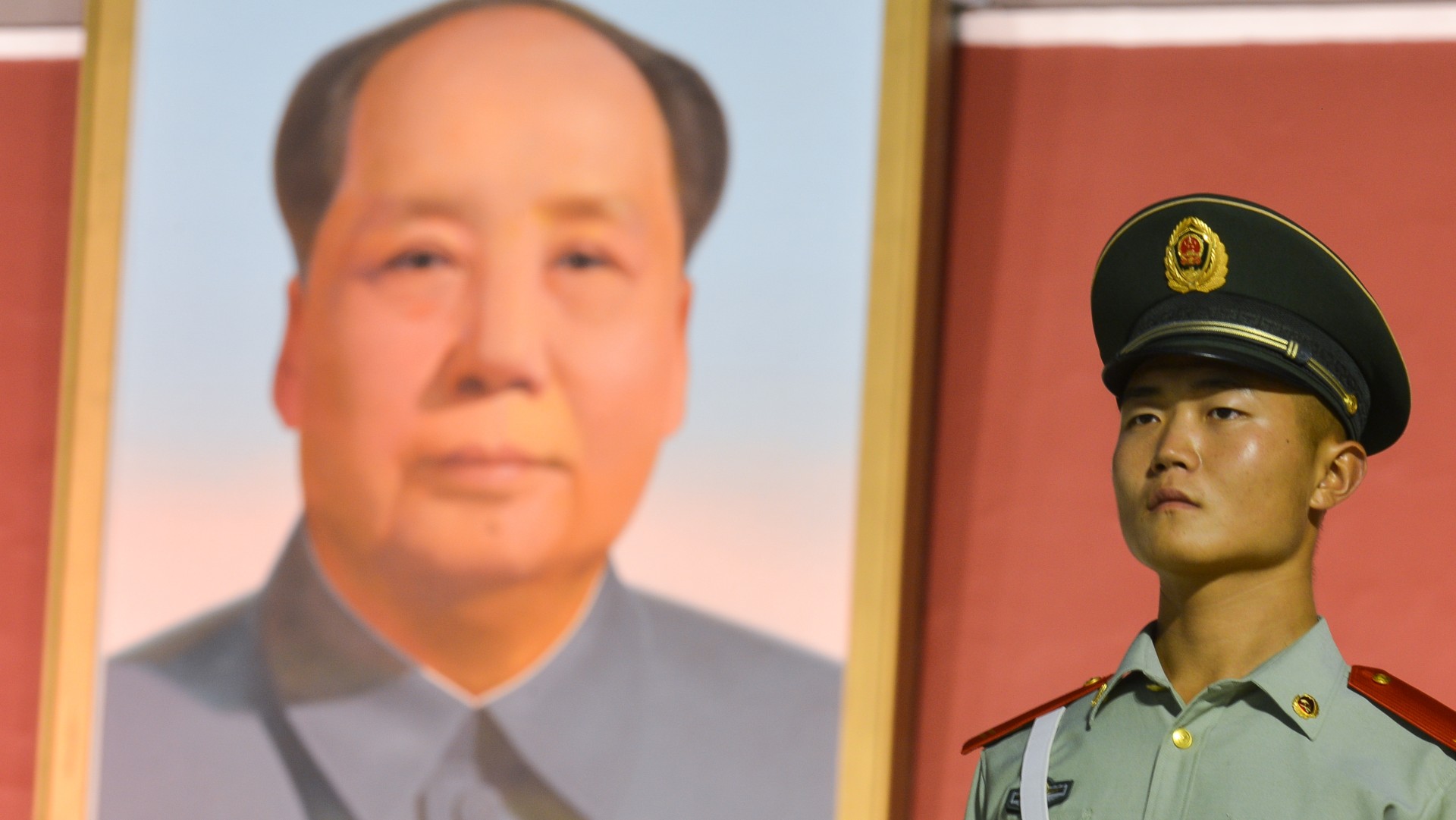
A free daily email with the biggest news stories of the day – and the best features from TheWeek.com
You are now subscribed
Your newsletter sign-up was successful
For anyone who grew up in the Cold War, defining what a “superpower” is would be easy.
With the fall of the Berlin Wall three decades ago, the world moved from a bipolar to unipolar one – run by a single superpower – the US. Fifteen years later, “the world changed again – and it got more complicated”, said Foreign Policy. Now “we no longer have multidimensional superpowers – as in, countries that exert global power in every domain”, said the magazine. “Instead, what we have today is multiple world orders, separate but overlapping.”
Is the age of superpowers really over or will the old world order reassert itself – perhaps with new leading players – over the coming decades?
The Week
Escape your echo chamber. Get the facts behind the news, plus analysis from multiple perspectives.

Sign up for The Week's Free Newsletters
From our morning news briefing to a weekly Good News Newsletter, get the best of The Week delivered directly to your inbox.
From our morning news briefing to a weekly Good News Newsletter, get the best of The Week delivered directly to your inbox.
Will it be the US vs. China?
Despite talk of political polarisation posing an existential threat to US and China’s decades-long “economic miracle” coming to a premature end, few could argue against their continued dominance.
The rise of China has been the big economic and political story of the past 30 years while the US, still the world’s largest economy, is also its “sole security superpower – and will remain so for at least the next decade”, said Foreign Policy.
With tensions between Washington and Beijing at their worst in years, some are predicting an economic – or even military – confrontation sooner rather than later. But, unlike the US and Soviet Union during the Cold War, the US and China today are far too economically interdependent to decouple from each other.
China under President Xi Jinping is the only power that could “challenge the US for supremacy”, reported The Washington Post, “but also increasingly has an interest in preserving the system as such”.
A free daily email with the biggest news stories of the day – and the best features from TheWeek.com
What about India?
With US and European attention fixated on China, “the emergence of its neighbour, India, as a potential new economic superpower may be going under the radar”, said The Guardian.
“There are certainly a number of indications that the future is bright” for India, said Spiegel International. Even as the global economy is stumbling, the International Monetary Fund (IMF) is projecting that India will contribute 15% of global growth in 2023. Last year, India overtook the UK as the world’s fifth largest economy and it is on track to be third behind the US and China by 2030.
Then in April it surpassed China to become the most populous nation in the world, now having more than 1.4 billion citizens.
“A key part of India’s continued rise will be its ability to grow its manufacturing sector and challenge China as the world’s No 1 exporter,” said The Guardian. “With a geopolitical wedge opening up between China and the west, India also has the opportunity to grow in reshaped international supply chains,” added the paper.
To do this it will be able to draw not only on a youthful working population – compared to China’s ageing labour force – but also on a large, well-educated, English-speaking middle class. Similarly, while it still has huge problems around poverty and poor infrastructure, it has gone some way to addressing concerns over its sprawling state sector and labyrinthine bureaucracy.
“New Delhi is watching the world’s shifting balance of power with no small amount of satisfaction,” said Spiegel. The question now is whether it can cement its place at the top table.
Could anyone else challenge?
According to The World in 2050 report by PwC, over the next three decades six out of the seven largest economies in the world will be today’s emerging economies, surpassing the US, Japan and Germany.
This opens the door to a world of competing power blocs rather than individual nations, something the EU’s foreign policy chief, Josep Borrell, described as “complex multipolarity”.
In fact, “the world order that seems to be emerging out of the Ukrainian rubble looks an awful lot like that of the Cold War”, said The Washington Post. A “democratic and capitalist First World” – led by the US, EU and the geopolitical “West” from Canada to Japan and Australia – “would once again be facing off against an “autocratic (and vaguely klepto-capitalist or post-communist) Second”, consisting of China, Russia, Iran. The “Third” – covering the non-aligned Global South ranging from India to Brazil and much of Africa – will navigate between these camps “yet again feeling up for grabs, overlooked, resentful and restive”.
Another possibility is one where the next global superpower will in fact be a “system superpower” that is “able to harness the power of technology to shape the global order”, said Bangladesh’s The Daily Star.
In this scenario, unlike every other geopolitical order past and present, “the dominant actors setting rules and exerting power aren’t governments but technology companies”, concluded Foreign Policy. “If that happens, we’ll have a post-Westphalian world – a technopolar order dominated by tech companies as the central players in 21st-century geopolitics.”
-
 What is the endgame in the DHS shutdown?
What is the endgame in the DHS shutdown?Today’s Big Question Democrats want to rein in ICE’s immigration crackdown
-
 ‘Poor time management isn’t just an inconvenience’
‘Poor time management isn’t just an inconvenience’Instant Opinion Opinion, comment and editorials of the day
-
 Bad Bunny’s Super Bowl: A win for unity
Bad Bunny’s Super Bowl: A win for unityFeature The global superstar's halftime show was a celebration for everyone to enjoy
-
 Blinkit: India’s 10-minute delivery app
Blinkit: India’s 10-minute delivery appUnder The Radar Market pressures and rider unrest are casting a shadow over leading player
-
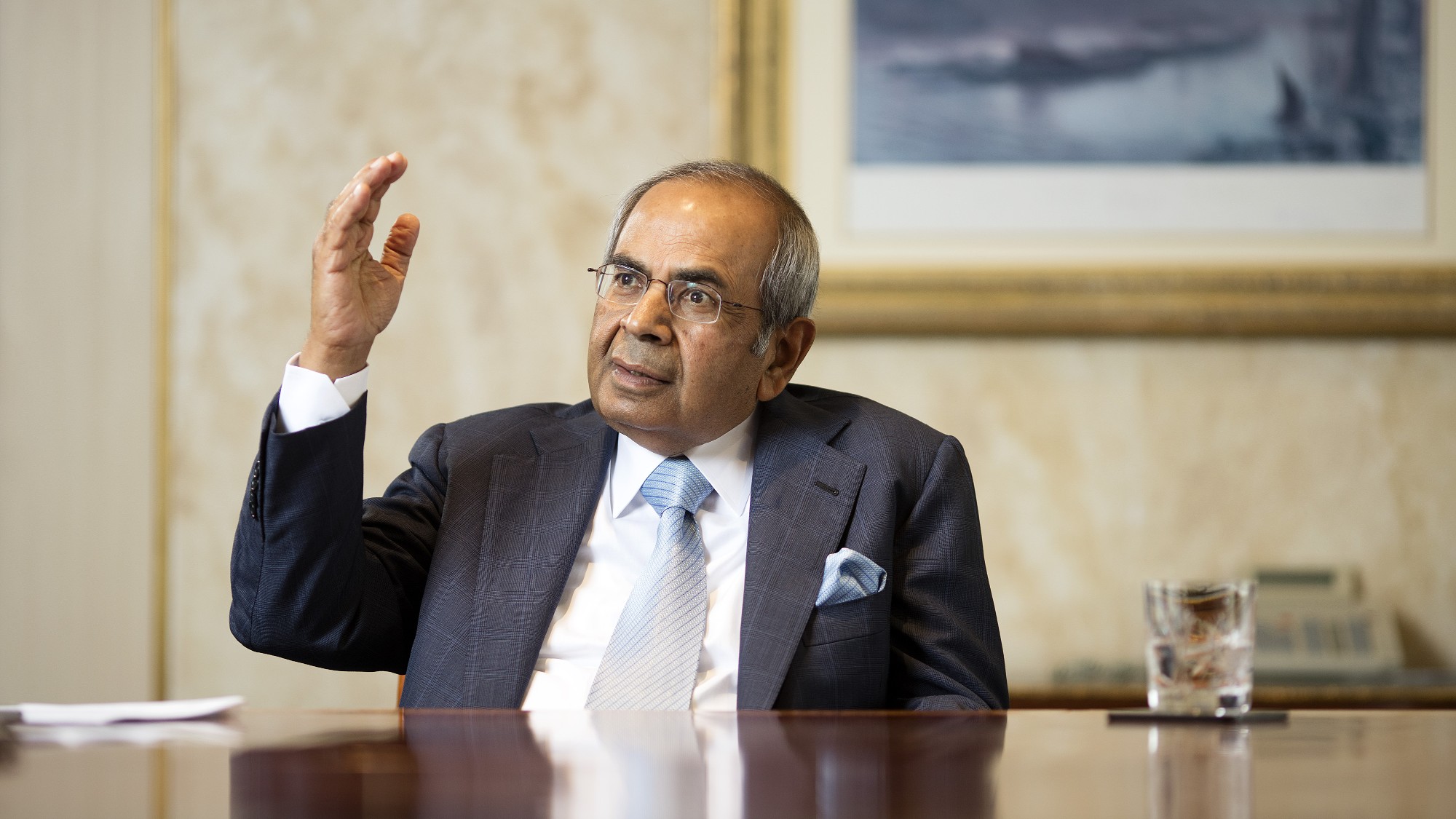 Gopichand Hinduja and the rift at the heart of UK’s richest family
Gopichand Hinduja and the rift at the heart of UK’s richest familyIn The Spotlight Following the death of the patriarch, the family’s ‘Succession-like’ feuds are ‘likely to get worse’
-
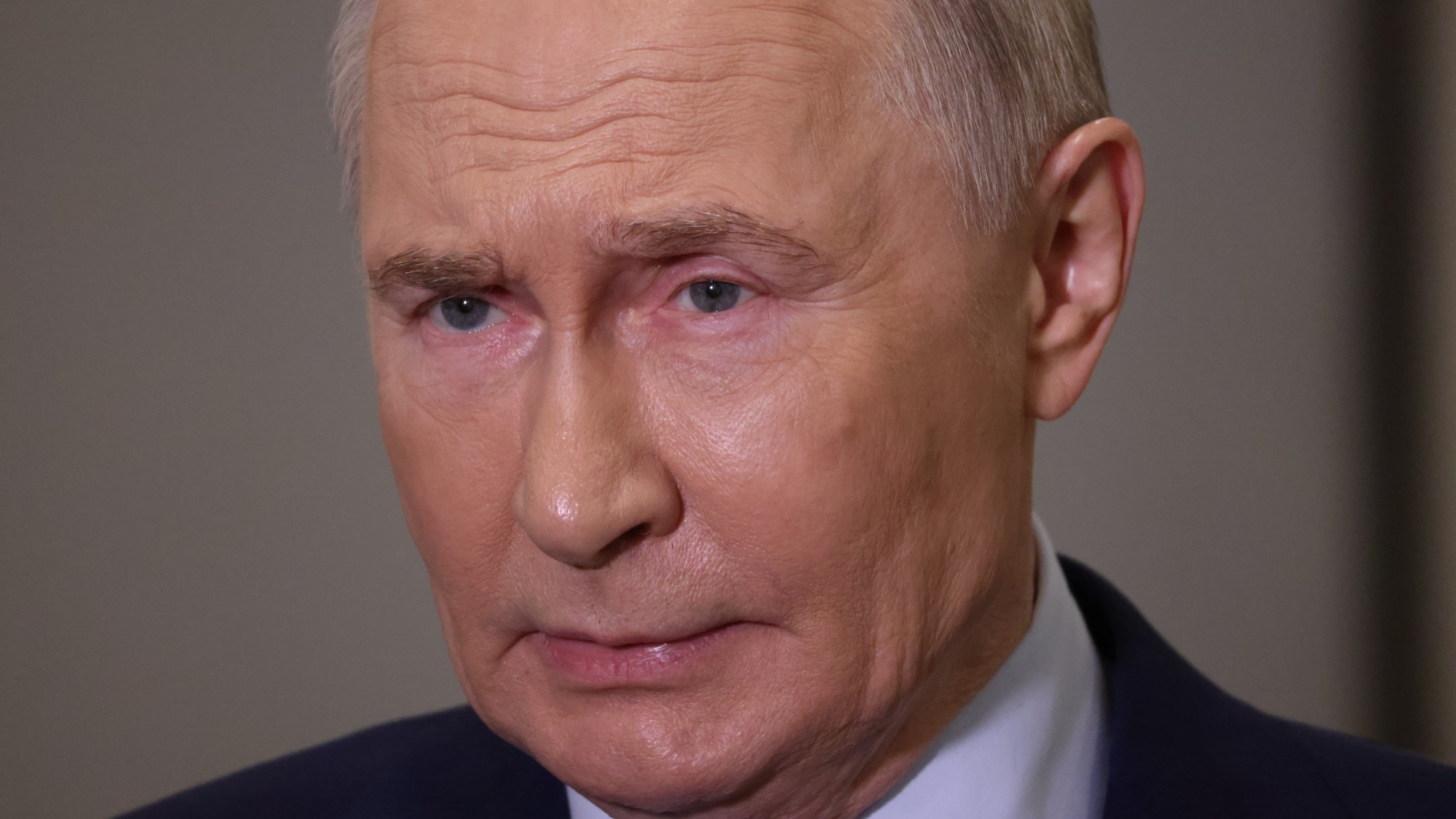 Will latest Russian sanctions finally break Putin’s resolve?
Will latest Russian sanctions finally break Putin’s resolve?Today's Big Question New restrictions have been described as a ‘punch to the gut of Moscow’s war economy’
-
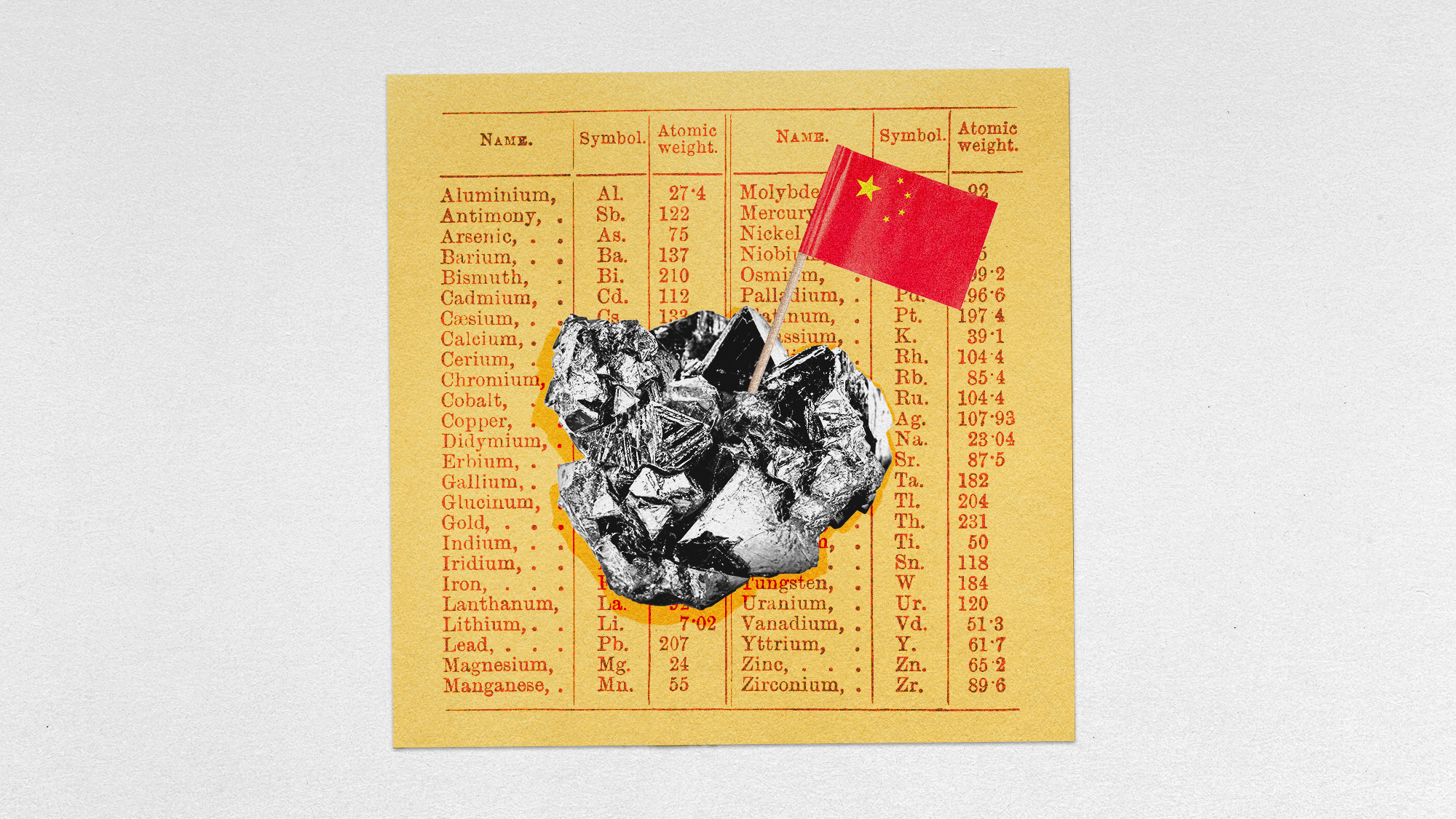 China’s rare earth controls
China’s rare earth controlsThe Explainer Beijing has shocked Washington with export restrictions on minerals used in most electronics
-
 Is a financial market crash around the corner?
Is a financial market crash around the corner?Talking Points Observers see echoes of 1929
-
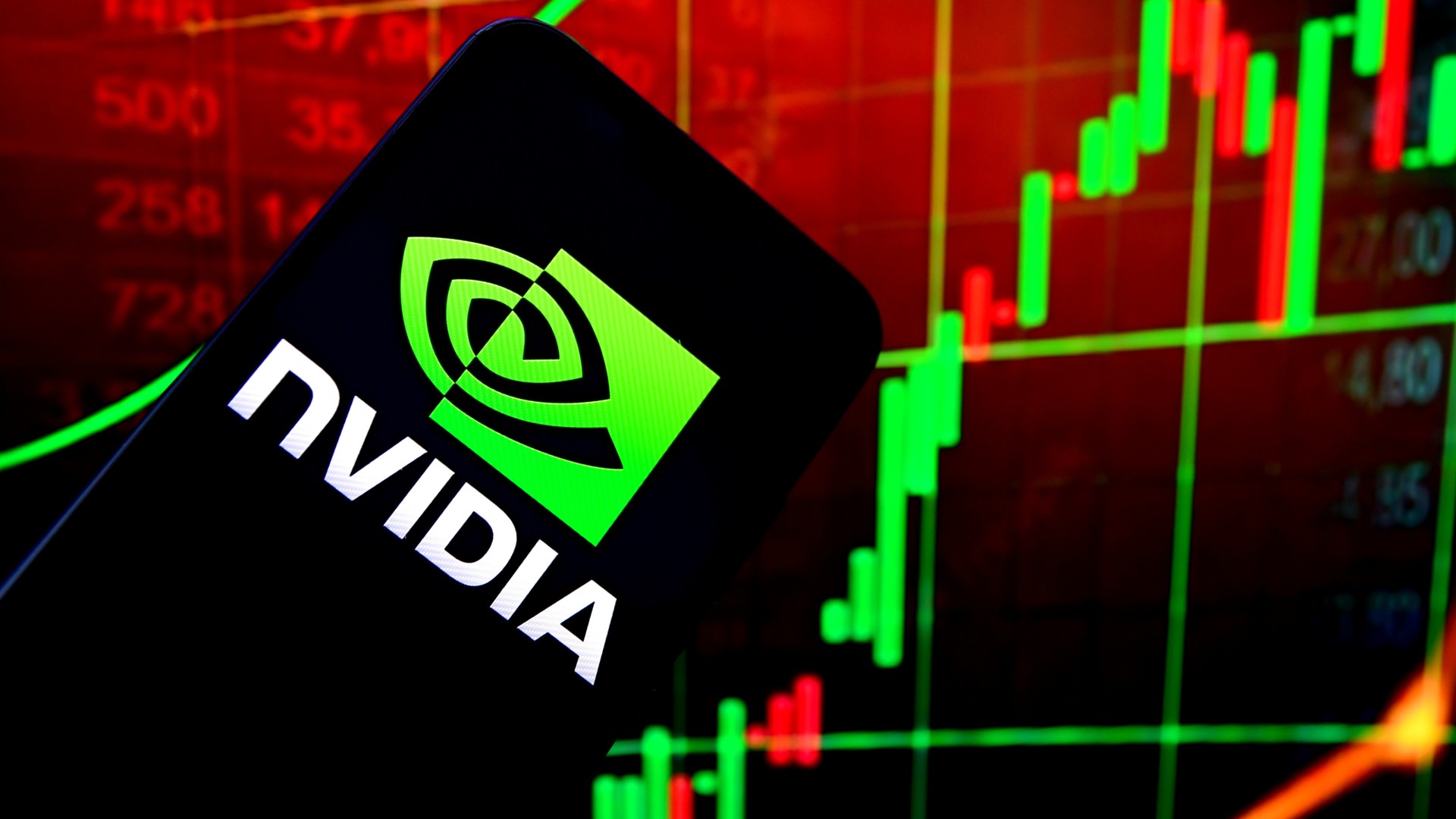 The AI bubble and a potential stock market crash
The AI bubble and a potential stock market crashToday's Big Question Valuations of some AI start-ups are 'insane', says OpenAI CEO Sam Altman
-
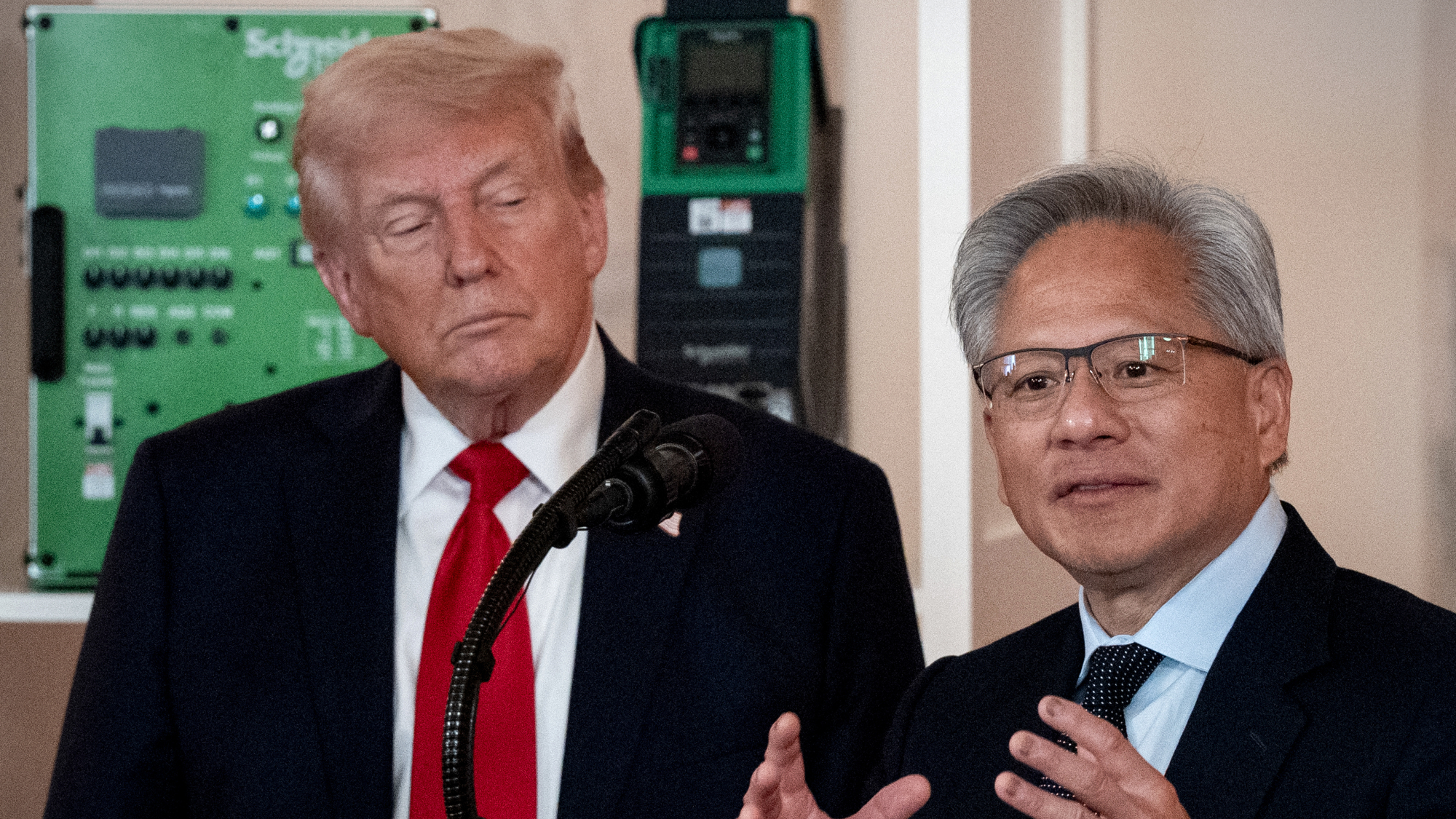 US to take 15% cut of AI chip sales to China
US to take 15% cut of AI chip sales to ChinaSpeed Read Nvidia and AMD will pay the Trump administration 15% of their revenue from selling artificial intelligence chips to China
-
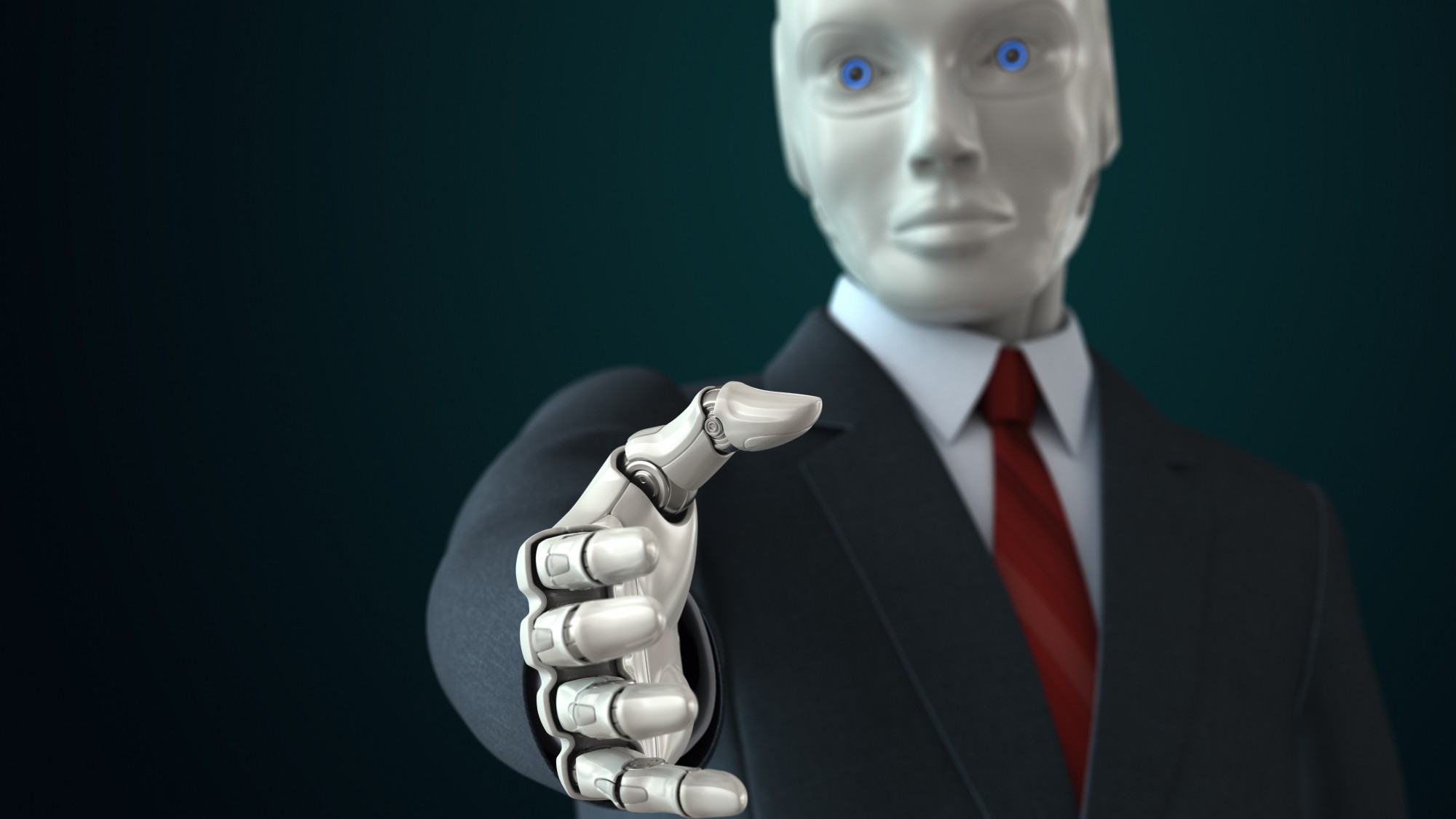 Why 'faceless bots' are interviewing job hunters
Why 'faceless bots' are interviewing job huntersIn The Spotlight Artificial intelligence is taking over a crucial part of recruitment